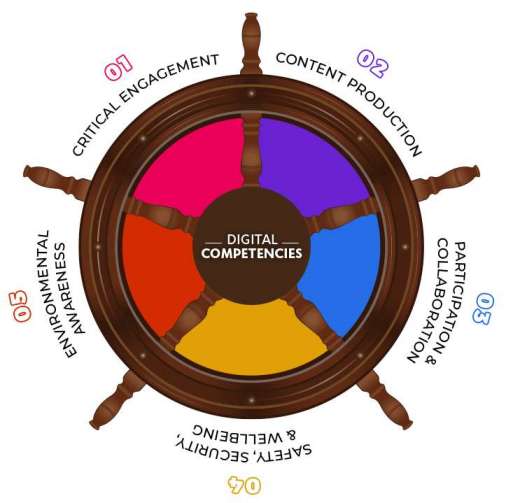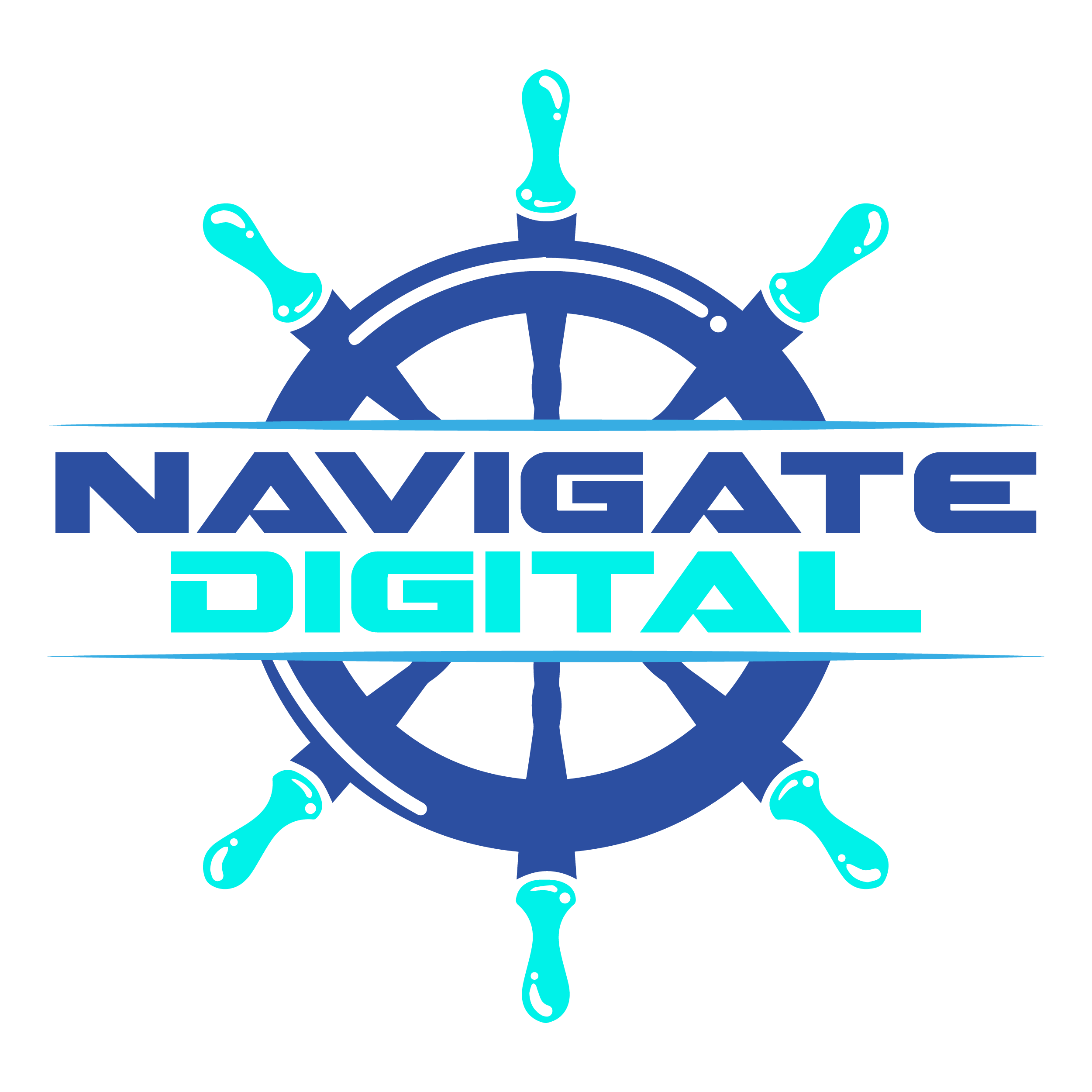3. Participation in Digital Networks and Communities

Participation in digital networks and communities is concerned with students’ ability to communicate and collaborate with others online. It is also relates to the creation and maintenance of authentic online identities. This competency can be broken down into the following areas:
a) Sharing, communicating and collaborating online
b) Locating and participating in relevant personal and professional networks
c) Developing and maintaining a positive digital identity
We will now look at these in more detail
Sharing, communicating and collaborating online
Sharing, communicating and collaborating online means that your students will use digital devices and platforms effectively and respectfully. This includes skills and behaviours such as:
- Understanding the benefits and challenges associated with online communication through a range of digital devices and platforms
- Communicate effectively using a range of digital devices and platforms
- Understand and discern social norms and cultures that apply on a variety of platforms
- Become conscientious sharers of information. Appreciating the boundaries of sharing, what to share and what not to share. Understand their digital footprint – information online leaves a trail which can be searched and reused. Understand the pressures associated with features such as likes, upvotes, favourites etc.
- Effectively collaborate – use collaborative tools to produce and share content as a team. Understand the benefits and challenges of digital teams, appreciate how group dynamics manifest themselves online, appreciate the benefits and challenges associate with working across cultural, national, and subject boundaries.
- Practice online Etiquette (netiquette) – demonstrate responsibility in their communication online, understand the nuances of online communication including emojis, gifs, memes etc
Identify and participate in relevant personal and professional networks
Although related to 3.1, identifying and participating in personal and professional networks is concerned specifically with developing relationships and networks with likeminded individuals. This includes skills and behaviours such as:
- The ability to identify potential personal and professional networks
- The ability to make new connections, including professional ones, in a professional manner
- Share insights and experiences related to personal and professional interests
- Understand the benefits and risks of developing relationships online
Developing and maintaining a positive digital identity
Connected to 3.1 and 3.2 developing and maintaining a digital identity includes skills and behaviours such as:
- Developing and maintaining personal and professional identity
- Maintaining a positive digital reputation and standing
- Engage in focused networks on platforms such as LinkedIn, Twitter, FaceBook etc
- Use your profile to foster a positive community
